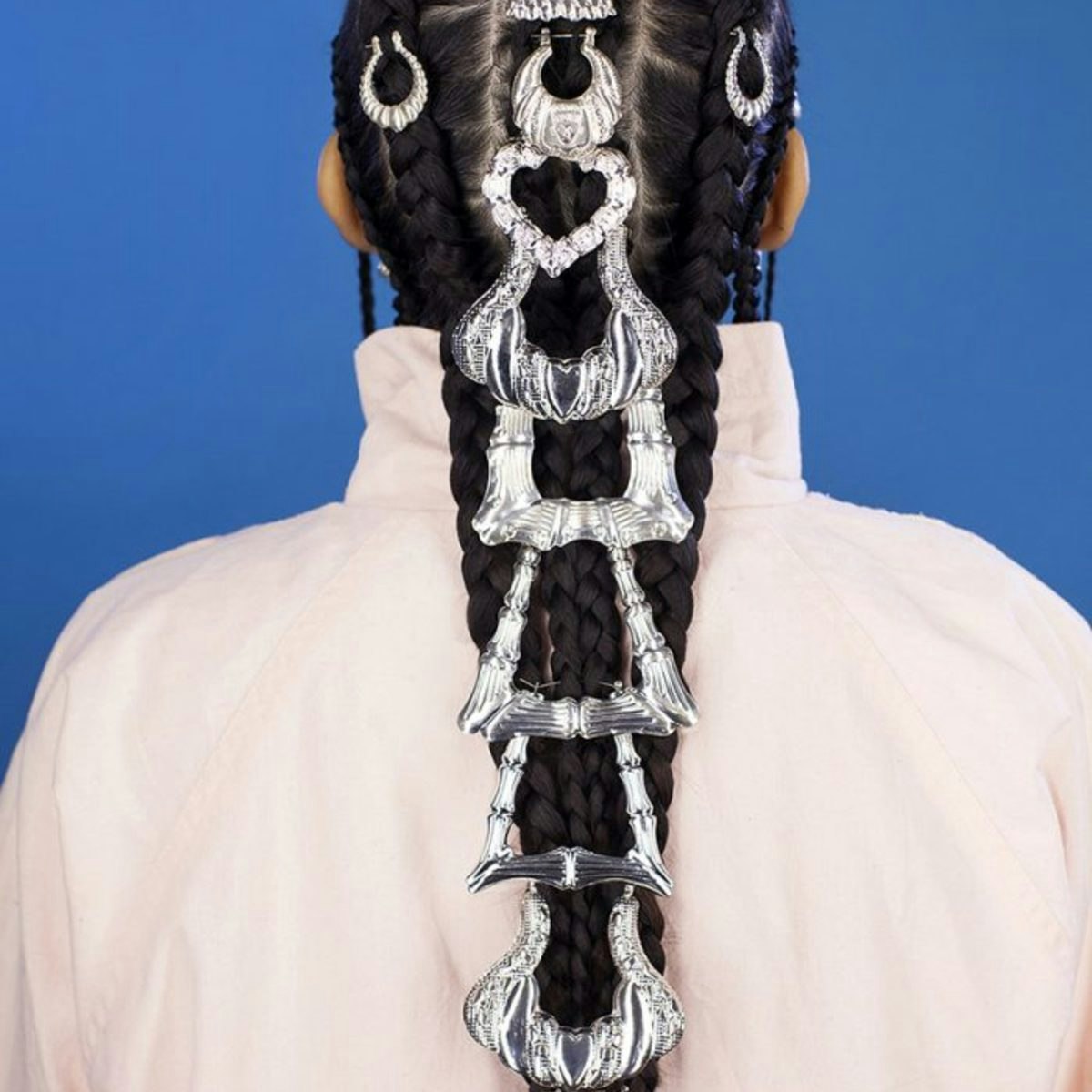Fashion as Design
Overview
Among all objects of design, our clothes are the most universal and intimate. Like other kinds of design, fashion thrives on productive tensions between form and function, automation and craftsmanship, standardization and customization, universality and self-expression, and pragmatism and utopian vision. It exists in the service of others, and it can have profound consequences—social, political, cultural, economic, and environmental. Fashion as Design focuses on a selection of more than 70 garments and accessories from around the world, ranging from kente cloth to jeans to 3D-printed dresses. Through these garments, we’re going to look closely at what we wear, why we wear it, how it’s made, and what it means. You’ll hear directly from a range of designers, makers, historians, and others working with clothing every day—and, in some cases, reinventing it for the future. Studio visits, interviews, and other resources introduce the history and development of each garment and their changing uses, meanings, and impact over time. Course Learning Objectives: Develop critical tools to appreciate and contextualize fashion design—from everyday clothing to couture garments—through many different perspectives. Trace the history, development, and impact of garments over time, and explore how they may be reinvented. Investigate garments through multiple lenses including politics, identity, and economics. Understand more about the lifecycle of clothing, from its design and production to its marketing, distribution, and consumption. Better comprehend the choices you make about fashion with respect to the visual language of dress, individual and collective identities, and issues such as labor practices, sustainability, and body politics.

